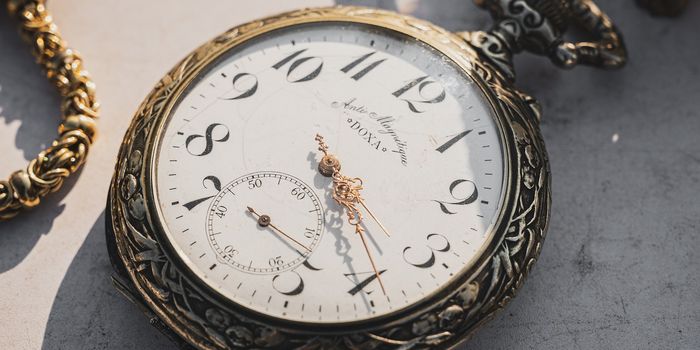'Night Owls' are at Higher Risk of Developing Diabetes
A common conversation among people is whether they are ‘morning people’ or ‘night people’. This characteristic can determine the type of work someone does or where they feel most productive. It often seems that younger people are out later and sleep in where older people tend to do the opposite by going to bed early and waking up early in the morning. However, it is unknown whether there are major health risks to one habit or the other.
Researchers at Brigham and Women’s Hospital in Boston, Massachusetts found that individuals who go to bed late and wake up late are at a 19% increased risk of developing diabetes. This is a critical finding because these individuals are not losing any sleep. It is more dependent on the time at which they sleep, and how that leads to other lifestyle factors such as diet.
Researchers lead by Dr. Tianyi Huang in the Channing Division of Network Medicine at Brigham and Women’s Hospital reported these findings in Annals of Internal Medicine. Huang and colleagues further demonstrated that people who go to bed later and wake up later in the morning tended to have less healthier lifestyles. The paper references “chronotype” or circadian preference referring to a preferred window of time to sleep. Researchers found that a person’s chronotype is partially genetically determined. Therefore, those that prefer to sleep later and wake up later (evening chronotype) should watch their lifestyle habits, since their risk for type 2 diabetes is increased.
Huang and colleagues analyzed a data set named the ‘Nurses’ Health Study II’, which was collected from 2009-2017 and included 63,676 female nurses. The study was a combined effort between Brigham’s Channing Division of Network Medicine and Harvard T.H. Chan School of Public Health. Interestingly, this study had regular follow-ups with its participants with repeated assessments. The dataset included self-reported chronotype by the participants labeling themselves an ‘evening person’ or a ‘morning person’. They also collected data on diet quality, weight, body mass index, time asleep, smoking behavior, alcohol use, physical activity, and family medical history. The data reported in Annals of Internal Medicine was from the self-reported chronotype and medical history, which included family history of diabetes.
According to the study, 11% of participants labeled themselves as ‘definitely evening’ chronotype compared to 35% who categorized themselves as ‘definitely morning’ chronotype. The rest of the population referred to themselves as ‘intermediate’ where they only slightly evening or morning chronotypes. Of the evening chronotype population, 72% were associated with increased risk for diabetes before considering lifestyle factors. After accounting for lifestyle factors, only 19% of the evening chronotype had an increased risk of diabetes. Out of individuals who had the healthiest lifestyle only 6% of participants were evening chronotypes. Out of individuals who had the unhealthiest lifestyles, 25% of participants were evening chronotypes. Individuals with evening chronotypes were more likely to drink more alcohol, have low-quality food diet, sleep less, smoke, and have weight, BMI, and amount of physical activity in an unhealthy range.
This study provides concrete rationale for why it is important to go to bed earlier and wake up earlier for a full night of sleep. Interestingly, the study found that nurses that work day shifts were more at risk of having an evening chronotype than night shift nurses. Overall, this study can help direct people lead healthier lives by changing small lifestyle habits. Instead of staying up an extra 2-3 hours watching television, it might be more beneficial to go to sleep.
Reported, Tianyi Huang, Channing Division of Network Medicine, Brigham and Women’s Hospital, Annals of Internal Medicine, Nurses’ Health Study II








